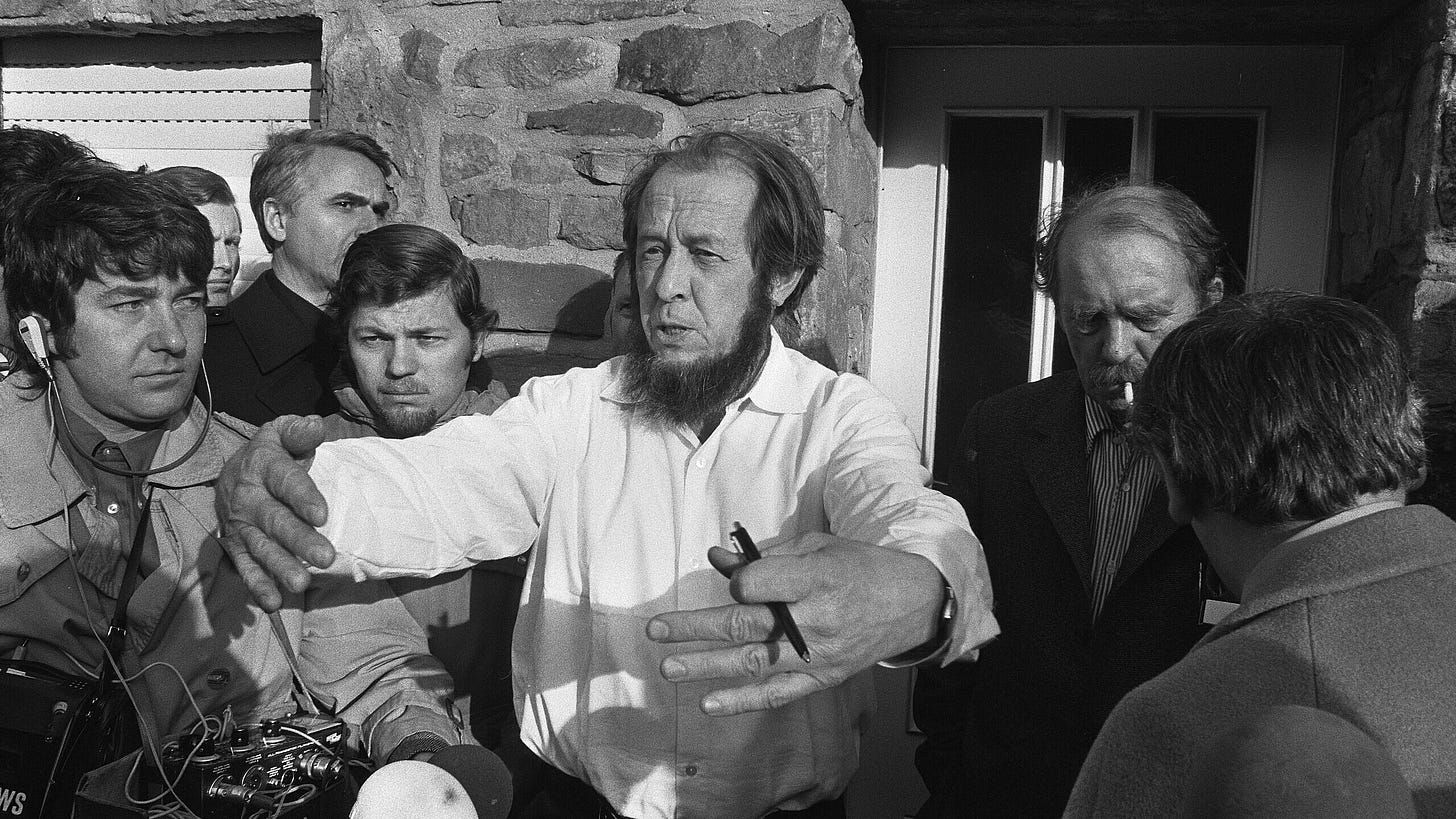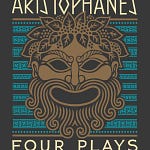The Gulag Archipelago
Special Re-Podcast Episode: One of the Most Important Books I've Ever Read
Feb 14, 2025
Books of Titans Podcast
Welcome to the Books of Titans Podcast where I (Erik Rostad) seek truth & beauty in the Immortal Books. My goal is to read the Great Books written by 200 authors over the next 15 years and share what I’m learning. I’ll talk a bit about each book, tie ideas together from a variety of genres, and share the one thing I always hope to remember from each of the Immortal Books.
Welcome to the Books of Titans Podcast where I (Erik Rostad) seek truth & beauty in the Immortal Books. My goal is to read the Great Books written by 200 authors over the next 15 years and share what I’m learning. I’ll talk a bit about each book, tie ideas together from a variety of genres, and share the one thing I always hope to remember from each of the Immortal Books.Listen on
Substack App
Apple Podcasts
Spotify
YouTube
Overcast
Pocket Casts
RSS Feed
Recent Episodes















Share this post